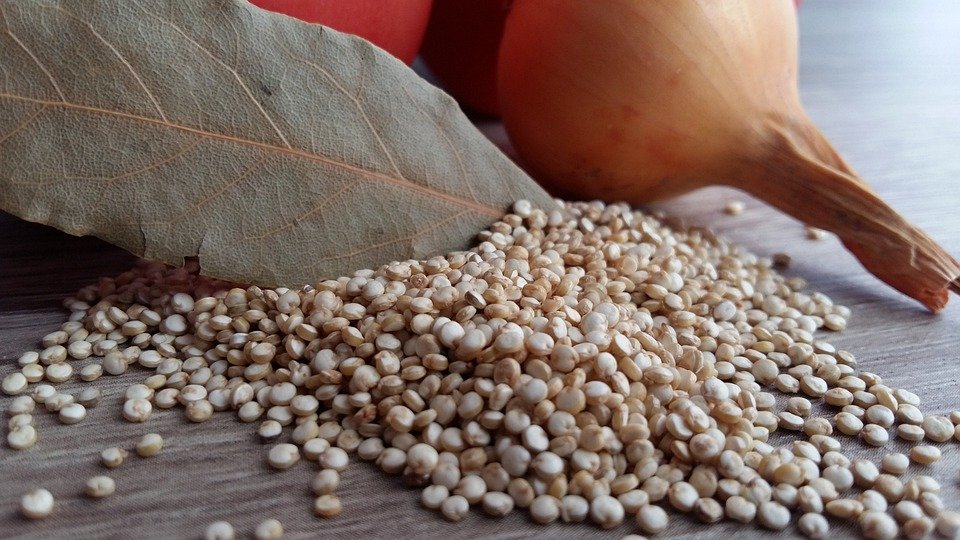The Link Between Diet and Mental Health: How Food Impacts Your Mood
It’s no secret that what we eat has a direct impact on our physical health. But did you know that our diet also plays a significant role in our mental health? Research has shown that the food we consume can have a profound effect on our mood, cognitive function, and overall mental well-being.
In recent years, there has been an increasing focus on the link between diet and mental health. Studies have found that a diet high in processed foods, sugar, and unhealthy fats can contribute to the development of mental health disorders such as depression, anxiety, and even schizophrenia. On the other hand, a diet rich in fruits, vegetables, whole grains, and healthy fats can help improve mood, reduce symptoms of depression and anxiety, and support overall mental well-being.
So how exactly does food impact our mental health? Let’s take a closer look at some of the key ways in which diet can influence our mood and mental well-being.
1. Nutrient Deficiencies: Our brains rely on a variety of nutrients to function properly, including vitamins, minerals, and essential fatty acids. When we don’t get enough of these nutrients from our diet, it can lead to imbalances in neurotransmitters, the chemicals in the brain that regulate mood and behavior. For example, a deficiency in omega-3 fatty acids has been linked to an increased risk of depression and other mental health disorders.
2. Inflammation: Certain foods, such as processed meats, sugary snacks, and refined grains, can trigger inflammation in the body. Chronic inflammation has been linked to a number of mental health conditions, including depression, anxiety, and cognitive decline. On the other hand, a diet rich in anti-inflammatory foods, such as fruits, vegetables, and healthy fats, can help reduce inflammation and support mental well-being.
3. Gut Health: The gut-brain connection is a growing area of research in the field of mental health. The gut is home to trillions of bacteria that play a crucial role in regulating mood, behavior, and cognitive function. When our gut microbiome is out of balance, it can have a negative impact on our mental health. Certain foods, such as probiotic-rich foods like yogurt and fermented vegetables, can help support a healthy gut microbiome and improve mental well-being.
4. Blood Sugar Levels: Our blood sugar levels can also have a significant impact on our mood and mental health. When we consume sugary or high-glycemic foods, it can cause rapid spikes and crashes in blood sugar levels, leading to mood swings, irritability, and fatigue. On the other hand, a diet rich in complex carbohydrates, fiber, and protein can help stabilize blood sugar levels and support a more stable mood.
5. Antioxidants: Antioxidants are compounds found in fruits, vegetables, and other plant-based foods that help protect the brain from oxidative stress and inflammation. Research has shown that a diet high in antioxidants can help reduce symptoms of depression and anxiety, improve cognitive function, and support overall mental well-being.
In addition to these key factors, research has also found that certain dietary patterns, such as the Mediterranean diet, DASH diet, and plant-based diet, are associated with a lower risk of mental health disorders and better mental well-being. These diets are characterized by an emphasis on whole, unprocessed foods, including fruits, vegetables, whole grains, nuts, seeds, and healthy fats.
FAQs:
1. Can diet alone cure mental health disorders?
While diet can play a significant role in supporting mental health, it is not a cure-all for mental health disorders. Mental health disorders are complex conditions that often require a combination of interventions, including therapy, medication, and lifestyle changes. However, adopting a healthy diet rich in fruits, vegetables, whole grains, and healthy fats can help support mental well-being and reduce symptoms of depression and anxiety.
2. Are there specific foods that can help improve mood?
Certain foods have been shown to have mood-boosting properties. For example, dark leafy greens like spinach and kale are rich in folate, a B vitamin that plays a crucial role in regulating mood. Fatty fish like salmon and mackerel are high in omega-3 fatty acids, which have been linked to a reduced risk of depression. Other foods that may help improve mood include berries, nuts, seeds, and whole grains.
3. How can I improve my gut health?
To support a healthy gut microbiome, it’s important to include probiotic-rich foods like yogurt, kefir, and fermented vegetables in your diet. Prebiotic foods like bananas, onions, and garlic can also help feed the beneficial bacteria in your gut. In addition, avoiding processed foods, sugar, and artificial sweeteners can help promote a healthy gut microbiome.
4. What are some simple dietary changes I can make to improve my mental health?
Some simple dietary changes you can make to support your mental health include:
– Eating a variety of fruits and vegetables
– Including whole grains like quinoa, brown rice, and oats in your diet
– Choosing lean sources of protein like chicken, fish, and tofu
– Incorporating healthy fats like avocado, nuts, and olive oil
– Limiting processed foods, sugar, and unhealthy fats
In conclusion, the link between diet and mental health is a complex and multifaceted relationship. By adopting a healthy and balanced diet rich in fruits, vegetables, whole grains, and healthy fats, you can support your mental well-being and reduce the risk of developing mental health disorders. Making small changes to your diet can have a big impact on your mood, cognitive function, and overall mental health. So next time you reach for a snack, think about how it might be affecting your brain as well as your body.


